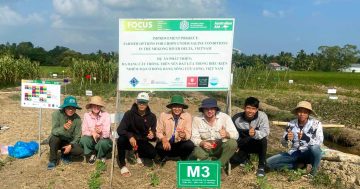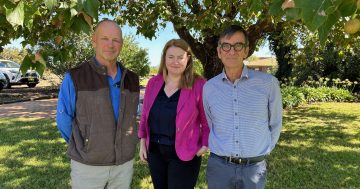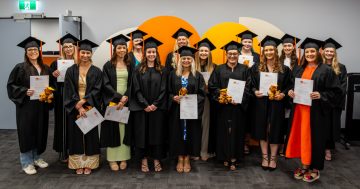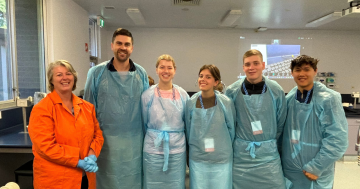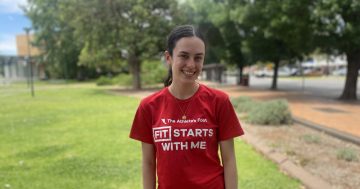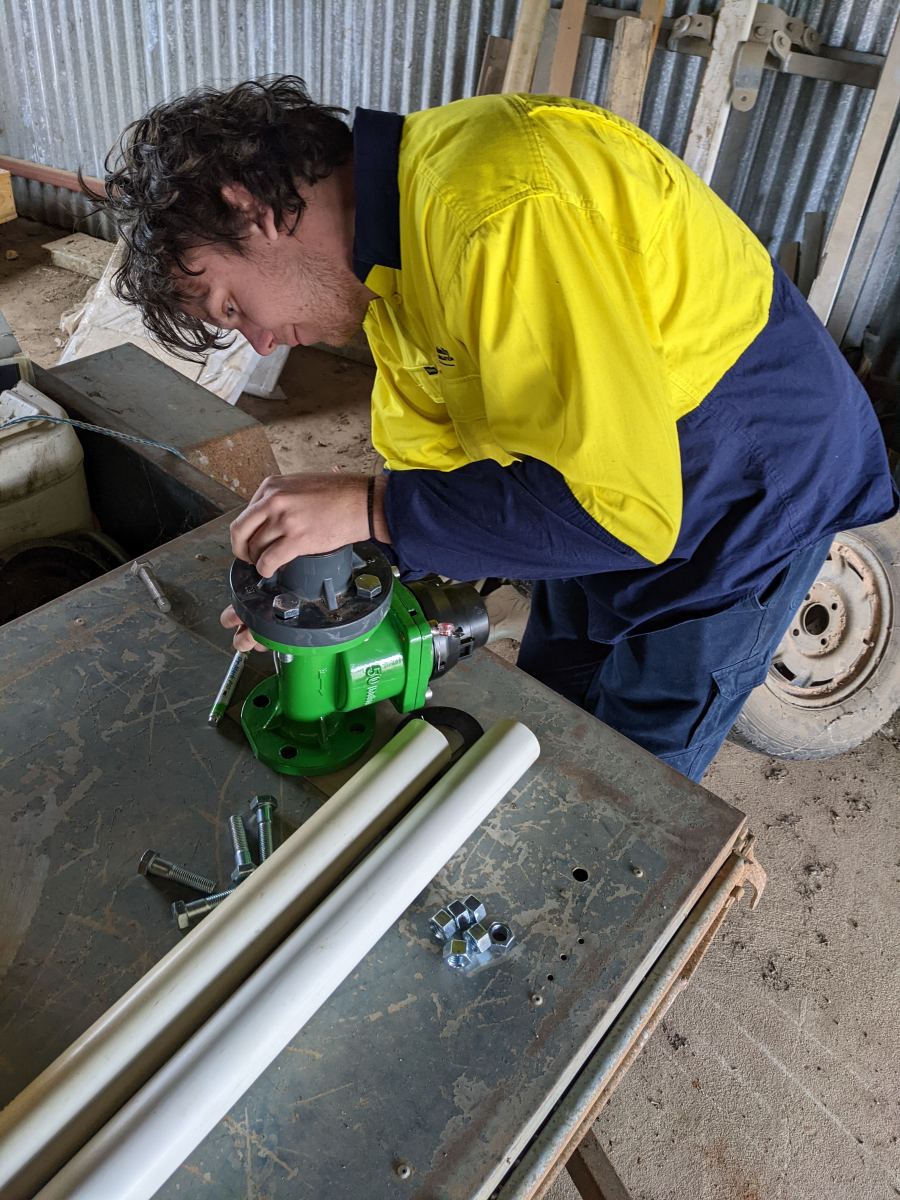
George Payne now works at Coleambally Irrigation. Photo: Supplied.
When Coleambally’s George Payne became the only student in his school to be accepted into university in 2019, he originally wanted to study engineering. But then he had a “light-bulb moment” that pushed him towards what his family had been doing for three generations.
“I heard some disparaging comments about rice farming and irrigation [from city people]. The usual stuff about how we shouldn’t be growing rice in a dry continent. I grew up on a rice farm and know how valuable irrigation can be. I realised I really want to promote our industry and show people how much there is to offer from rice and irrigation … we feed the nation,” Mr Payne said.
Mr Payne decided to complete a Bachelor of Agriculture at the University of Melbourne, aided by the Coleambally Irrigation Co-Operative Limited (CICL) Grant Latta Bonded Scholarship. The grant is administered by the Country Education Foundation, a not-for-profit that supports rural students living away from home to pursue further studies. The scholarship provides reimbursements for university expenses throughout the degree as well as work experience and employment after studies are completed.
After becoming the first person in his family to graduate from university in 2021, Mr Payne took up a job as a water quality assurance officer for CICL.

George Payne with CICL CEO Clifford Ashby. Photo: Supplied.
“[The grant] support was extremely important to me as it gave me more time to focus on my studies rather than be worried about supporting myself while living away from home,” he said.
“During university holidays I began working at Coleambally Irrigation, and now work here full-time.
“I loved having the security of knowing that I had a job after I had graduated … I have been able to utilise my skills and bring them back to my regional area. It is a fantastic place to work and learn as well as being surrounded by amazing people.”
Penny Shepherd, Coleambally/Darlington Point Country Education Foundation Chair, said she was glad to see Mr Payne return home.
“When students come back here it really is enriching the community … it is so tough for families when they have to support a child in university, especially if they also have to support children living at home. Accommodation costs [in big cities] are rising fast … I think accommodation costs for parents should be tax deductible.”
University students from Griffith have also called for more ongoing government financial assistance while they complete their degrees, highlighting huge disadvantages for country school leavers compared with their city counterparts.
Imreet Singh, a first-year medical student from Griffith now studying in Sydney, said “most of my uni friends who are from Sydney still live at home with their parents, so they face nowhere near as many expenses as us.
“There needs to be some sort of agreement whereby government provides more ongoing support [for rural students living away from home].”
The lack of government support makes the contribution of the Country Education Foundation so much more important. The financial support they provide ranges from $500 to $5,000 per year, helping students buy textbooks and laptops. The foundation also assists apprentices with purchasing tools and equipment and relocating to different towns to take up career opportunities.
Mr Payne said he plans to settle in his hometown of Coleambally and take over the family rice farm one day.
“I loved Melbourne, but I missed the wide open spaces,” he said. “It’s been great to return home.”
More information on the Country Education Foundation can be found on their website.







